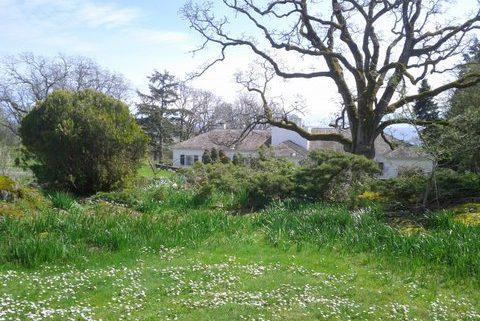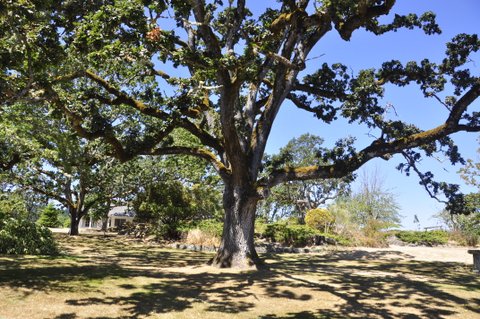Science and Nonduality Weekend October 21-23, 2016 Eight people attended the various presentations available from this year’s conference in San Jose, California. There were no major technical problems and the weekend unfolded in a relaxed manner, with most of the six participants who took in the entire weekend attending almost all the events. There were a mixture of pure scientists and pure non-dual presenters, with others somewhere in between. Subjects included an opening talk by Rupert Spira on “The Nature of Consciousness,”, followed over the weekend by Heart Intelligence, Christianity and Unknowing, Inherited Family Trauma, The Spiritual Dimension of Trauma, Being a Self, Mind-Body Mechanics, The Qualitative Science of the Heart, Is the Soul Obsolete?, Mongolian Shamanic Trance, Emotional Sentience, Science and Spirituality, The Freedom of Nothing to Grasp, along with an excellent video presentation by Ken Wilber entitled “The Edge of the Unknown in the Human Being.” Some entertaining humour was inserted with Swami Beyondananda, and some traditional satsang with Francis Lucille. There were four panel discussions over the weekend. We added videos of David Bohm in conversation with David Suzuki, an interview with Michael Talbot, author of The Holographic Universe, and a video of the same name. We also played an audio clip of David Bohm speaking on the nature of thought and its tendency to deceive itself. Highlights for the writer were Kabir Helminski (The Qualitative Science of the Heart), Swami Beyondananda, Francis Lucille, Joan Tollifson, and particularly Ken Wilber, who was obviously suffering from a debilitating disease. There was far more material than can be described in this report. Overall, there seemed to be a fairly good integration of the scientific perspective with the “spiritual” one, and many presentations were inspiring, but sometimes the scientific language was all but incomprehensible to the majority of us who took part in the live streamed event. All participants reported that they enjoyed the weekend very much and found it to speak to some of their real interests.









